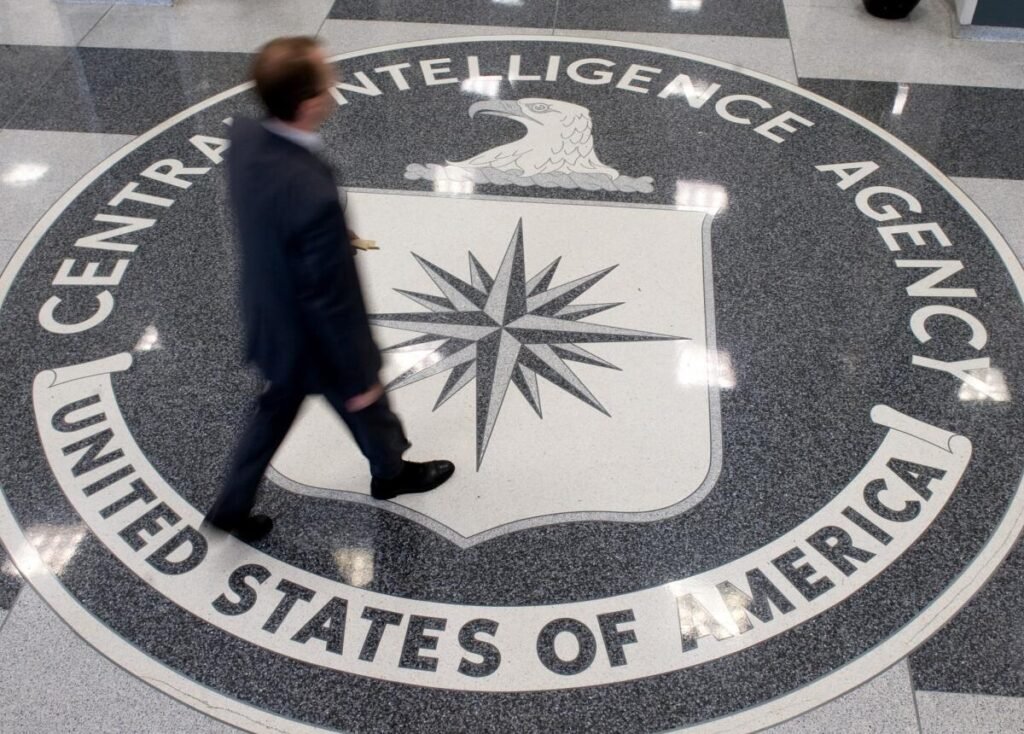In an era where headlines blur innovation with intrigue, a narrative has taken shape: Big Tech companies are clandestine partners of the American “Deep State”—a nebulous web of agencies like the CIA, FBI, and State Department, operating beyond public view. Let’s unpack what this means, the claims behind it, and why it matters—especially for India’s democracy.
1. The Big Tech–Deep State Confluence
Recently, Mark Zuckerberg reportedly “admitted” that Big Tech firms have over the years assisted U.S. intelligence and diplomatic agencies in advancing the agenda of what many describe as the American Deep State. Media outlets across the globe have echoed this narrative, prompting questions about the true nature of tech’s reach and allegiance.
2. Bangladesh: A Case Study of Influence?
In this unfolding story, the nation of Bangladesh features prominently. Emails from WikiLeaks allege that since 2007, Mohammed Yunus—renowned for founding Grameen Bank—has been in close correspondence with high-ranking U.S. officials, particularly during Hillary Clinton’s term as Secretary of State. These communications purportedly involve support not only for Grameen Bank’s operations but also for Yunus’ entry into Bangladesh’s political sphere.
Critics argue Yunus’ rise reflects more than philanthropic ambition: instead, it underscores deep-seated U.S. influence in shaping foreign governance, with potential implications for sovereignty and self-determination.
3. India: Are Diplomatic Moves More Strategic Than Diplomatic?
Bolstered by these Bangladesh revelations, similar claims surround India’s political landscape. The theory goes like this:
- After PM Narendra Modi’s recent visit to Moscow—defying Western expectations of distancing from Putin—American embassies emboldened their engagement in Indian politics.
- Reports hint at a flurry of meetings between U.S. diplomats and regional leaders — Asaduddin Owaisi, Omar and Farooq Abdullah, Chandrababu Naidu, and others.
- The narrative alleges these meetings serve to cultivate a domestic leadership aligned with U.S. interests—undermining fair political competition.
Further, workshops for Indian social media influencers—labelled “impact-level work”—are supposedly efforts to deploy soft power, shaping narratives in favour of the U.S. deep state. Small grants ($10K–$30K) allegedly fund pro-American messaging in digital media.
4. Grameen Bank, Rahul Gandhi & the Bigger Game
This is where geopolitics and personalities intertwine:
- Mohammed Yunus becomes a model: a technocrat-turned-political figure, buoyed by international backing.
- Rahul Gandhi, closely associated with Western entities himself, is said to watch Yunus’ trajectory with heightened interest, if not admiration—possibly seeing a blueprint for India’s future.
- In this framing, select political actors become conduits for foreign influence, calibrated by money, media, and messaging.
5. So… What’s the Call to Action?
For the author and the narrative’s proponents, the stakes are clear:
- Alert your networks—this isn’t speculation—it’s a strategic design.
- Spread the word: this “American Deep State + Big Tech” alliance must be made visible, explained, and resisted.
- As citizens of Bharat (India), the belief goes, “we must educate, unite, and preserve our democracy—reject foreign intrusion in our politics.”
Reflections
Whether you find yourself drawn to or sceptical of the “deep state” thesis, there’s an undeniable appetite for transparency:
- How much sway does American tech have over global media and governance?
- What’s the role of human agency vs. algorithmic influence in shaping political landscapes?
- Who watches the watchers?
In a world where stories shape futures, discerning fact from fiction becomes more critical than ever.
Conclusion
The narrative—that Big Tech and U.S. intelligence have struck a covert alliance with political actors in nations like Bangladesh and India—makes a gripping argument. If true, it suggests a modern form of geopolitical strategies powered by data, platforms, and perception.
As always, I encourage readers to scrutinise these claims, examine sources—especially emails, leaked documents, and declarations—and reflect: where do we draw the line between influence and interference?
Whether you call it a conspiracy or a counter-narrative to global politics, one thing is clear: the conversation is just beginning.
[ Editor’s Note: The views expressed in this article reflect the narrative presented in certain public claims and leaked documents. They do not constitute verified facts.]

